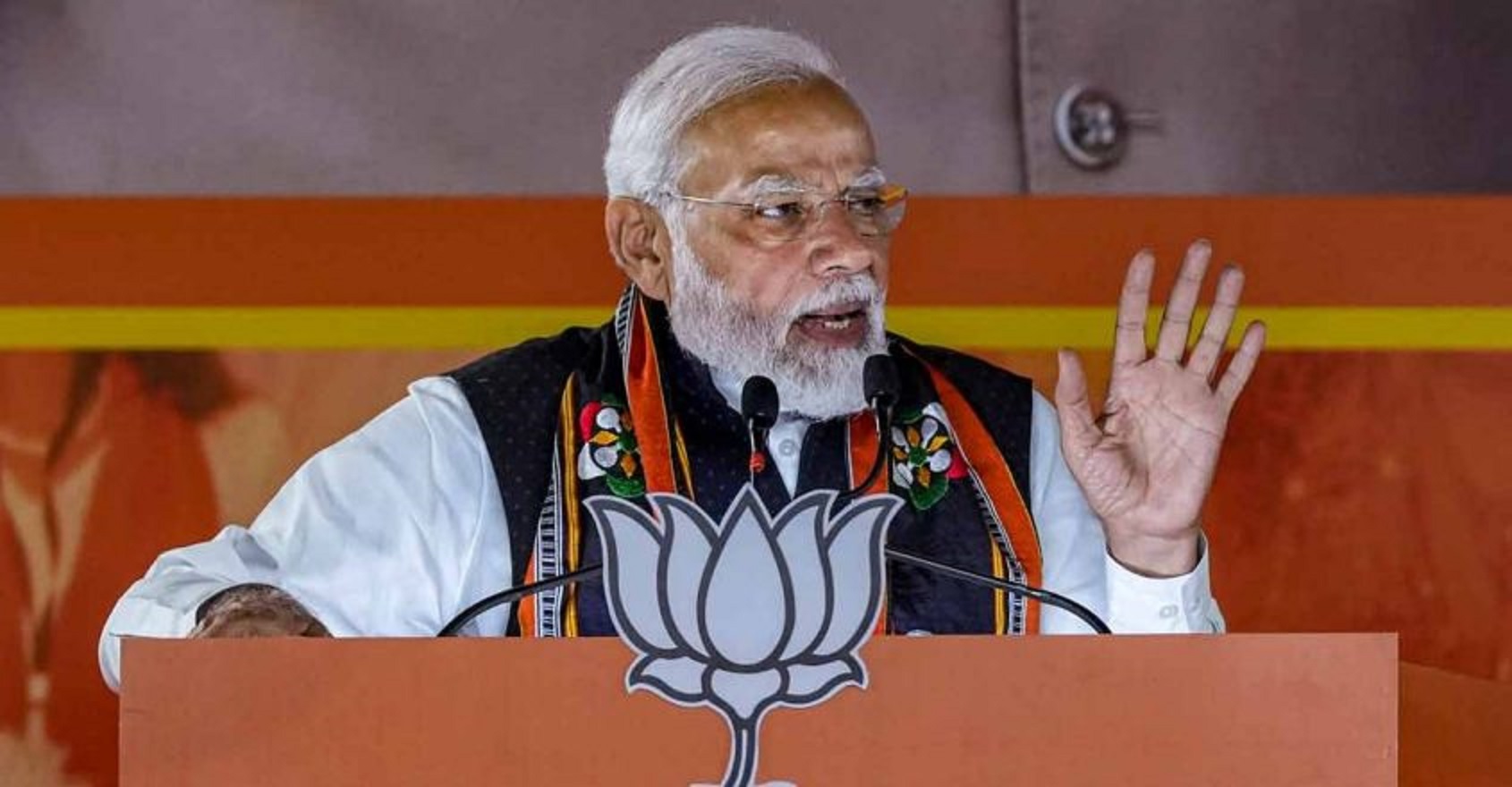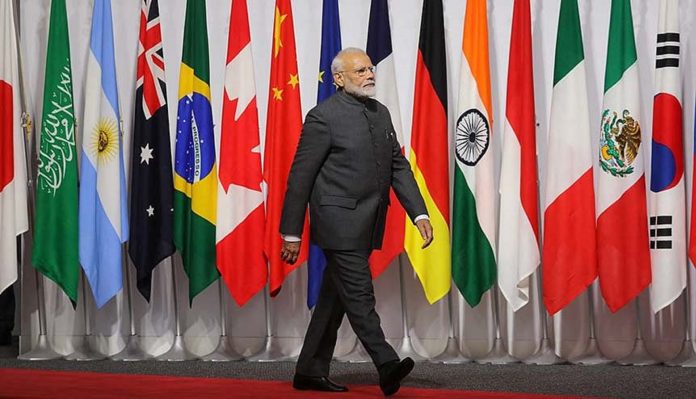- Over the years, India’s successive administrations have made sincere efforts to foster enduring neighborly ties. Some relationships have endured the test of time, while others have failed for several different reasons. Of course, every nation goes above and beyond to support the goals of its population, and the same logic holds for Indian neighbors. We are aware of the trajectory of our relationship with Pakistan over the years, which is currently in danger of disintegrating completely. Simply because what might have been a win-win situation for both countries has been muddied by Pakistan’s unrelenting policy of inciting terrorist-related unrest in India. Pakistan, meanwhile, has never demonstrated a sincere desire to create a harmonious society.

PC: Rithi Varsha
- Due to its narrow-minded policies, the failed state of Pakistan is almost about to collapse. For our eastern neighbor, China, less is more. It is unnecessary to elaborate on Beijing’s untamed ambitions, hostile demeanor, intransigence, and minimal concern for the international system. How badly our relationship with China has deteriorated over the past few years is vividly demonstrated by the continuous eye-to-eye scenario on the eastern border. Although the alliance has recently experienced some turbulence, Nepal is still a loyal ally. In light of this, Nepal’s Prime Minister Prachanda’s trip to India is far more significant than other bilateral relations. Since taking office as Nepal’s president in December last year, the new leader has only made one trip abroad.
- When Prachanda officially assumed the position of Prime Minister in 2008, Beijing was his first stop. The relationship between China, India, and Nepal has drastically evolved since then. Kathmandu is currently wedged between its two powerful neighbors as relations between New Delhi and China have reached an all-time low following the 2020 Galwan hostilities and Chinese intrusions. The politics in Kathmandu over the $500 million US grant under the Millennium Challenge Corporation Nepal Compact serve as an example of how Nepal is evolving into a strategic battleground between the US and China. Mind you, Nepal is also a signatory to China’s BRI, and Beijing has pushed for projects funded by that effort to be implemented more quickly.

PC: PTI
- Significantly, the conflict in Ukraine has brought home to Kathmandu the perils of becoming a point of contention between major countries. Given its location, Kathmandu will naturally try to keep tight ties with both Beijing and New Delhi. To avoid micromanaging relationships, New Delhi must act more wisely in this situation. The latter strategy can disastrously backfire, as it did in 2015 during the blockade, which undid all the goodwill created by PM Modi’s initial visit to Nepal in 2014. The unsolved bilateral boundary problem must also be settled through thoughtful discussion rather than escalating through a battle of the maps. India cannot afford to take its relationship with Nepal for granted, especially in light of China’s escalating assertiveness in the region.






